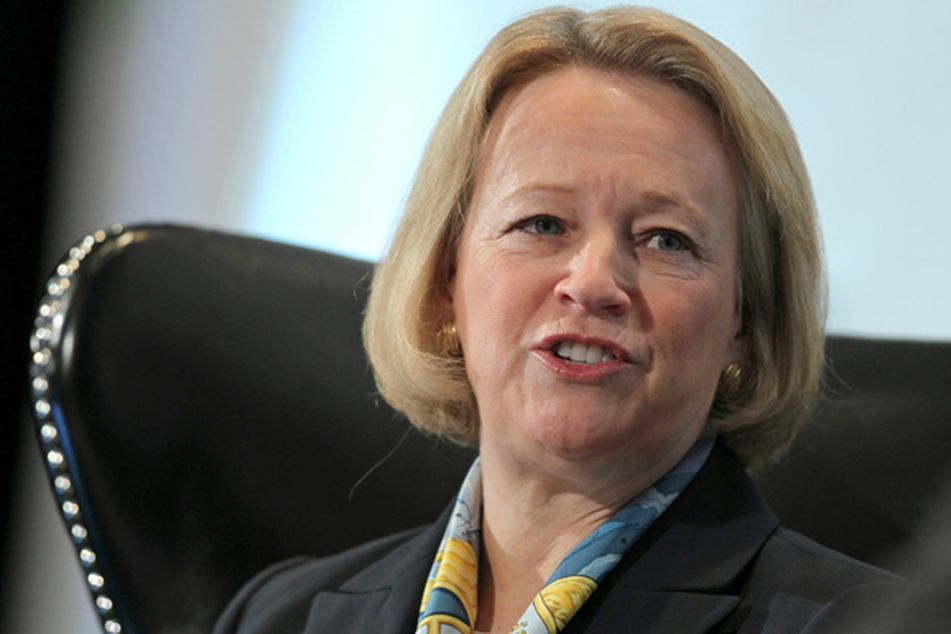SEC takes one step closer to $1.25B budget
 SEC chairman Mary Schapiro, speaks at a recent industry conference
SEC chairman Mary Schapiro, speaks at a recent industry conference
U.S. financial regulators, working to secure funding needed to implement new responsibilities mandated by the Dodd-Frank Act, are in line to be among the few agencies to benefit from the year's final congressional spending measure.
U.S. financial regulators, working to secure funding needed to implement new responsibilities mandated by the Dodd-Frank Act, are in line to be among the few agencies to benefit from the year’s final congressional spending measure.
The Securities and Exchange Commission and Commodity Futures Trading Commission, two agencies writing a bulk of the rules required by the new law, took a first step yesterday toward locking in more funding for next year, even as lawmakers moved to freeze spending for most agencies at 2010 levels.
The House of Representatives passed a proposal to boost the SEC budget more than 10 percent, to $1.25 billion, for the fiscal year ending Sept. 30. The CFTC will see its budget rise about 35 percent to $261 million if the bill passes the Senate.
The SEC needs the new money to help rebuild its image after missing Bernard Madoff’s Ponzi scheme and failing to curb Wall Street practices that contributed to the financial crisis, said Harvey Goldschmid, a former Democratic SEC commissioner.
“Things are going to go badly and there will be finger pointing” if the new funds aren’t approved, said Goldschmid, now a law professor at Columbia University in New York. “Those on Capitol Hill who do this to an agency ought to feel the backlash that will almost certainly come.”
Other financial regulators, including the Federal Deposit Insurance Corp. and the Federal Reserve, set their own budgets based on money collected from banks. The SEC and CFTC are dependent on the regular federal budget process.
Spending Bills
Earlier this year, lawmakers failed to reach agreement on the 12 spending bills that make up the budget. Since then, government funding has been caught up in partisan battles over taxes, spending and the meaning of Republican gains in the November elections. Republicans taking control of the House next month have promised to reduce funding though spending cuts to agencies and more aggressive oversight of regulators, including the SEC.
Since Oct. 1, agencies have been operating on extensions of last year’s budget levels, forcing them to postpone action on Dodd-Frank directives. If the agencies get the increased funding, it would make them one of the few beneficiaries of the new spending measure, known as a continuing resolution. The new funding would extend until the end of the current fiscal year in September.
Omnibus Measure
Senate Appropriations Committee Chairman Daniel Inouye has said he plans to push different legislation, a so-called omnibus measure, that would incorporate the spending bills approved by his committee and cost an additional $20 billion. Senate and House Republicans are pushing for a shorter-term spending bill.
SEC Chairman Mary Schapiro has said she needs to upgrade technology and add 800 staff to comply with the new mandates, and is relying on a pledge in Dodd-Frank to double the agency’s budget to $2.25 billion by 2015.
“When Congress pledged that money, I have no doubt they were being sincere,” former SEC Chairman Harvey Pitt said in an interview. “But those promises more often turn out to be honored in the breach, not the observance.”
Congress approved the Dodd-Frank regulatory overhaul in July to respond to the worst U.S. economic collapse since the Great Depression. The law requires the SEC and CFTC to tighten oversight of Wall Street and write new rules to regulate derivatives. Trading in derivatives, which are financial contracts tied to bonds, stocks, currencies or other events, contributed to the September 2008 collapses of Lehman Brothers Holdings Inc. and America International Group Inc.
Hedge Funds
The SEC’s responsibilities have also been expanded to monitoring thousands of hedge funds, and overseeing credit- rating firms. They are also required to set up new offices to collect and respond to whistleblower tips.
Amid the budget uncertainty, the SEC indefinitely delayed setting up the new offices and backed out of a lease on almost 1 million square feet of new office space. The agency also canceled a request for proposals issued two months ago for a new 4,000-square-foot primary data center, and investigators have had to reduce travel.
Gary Gensler, chairman of the Commodity Futures Trading Commission, has said his staff of about 650 will need to grow to more than 1,000 to meet its new responsibilities under Dodd- Frank. He asked Congress to increase his agency’s budget by almost 70 percent next year to $286 million.
“If we don’t get the resources we ask for, we’ll be setting ourselves up for failure,” Ananda Radhakrishnan, who heads the CFTC’s Division of Clearing and Intermediary Oversight, said at a Nov. 10 public meeting.
CFTC officials are also struggling with their uncertain budget. If money is too tight, the agency may be forced to write rules under Dodd-Frank that are more restrictive because the agency won’t have adequate staff to police markets, Democratic Commissioner Michael Dunn said Nov. 10.
“With the new make-up of the House, the gap between aspiration and appropriation has clearly widened,” said John Olson, a partner at Gibson Dunn & Crutcher LLP in Washington.
Bloomberg
Learn more about reprints and licensing for this article.





